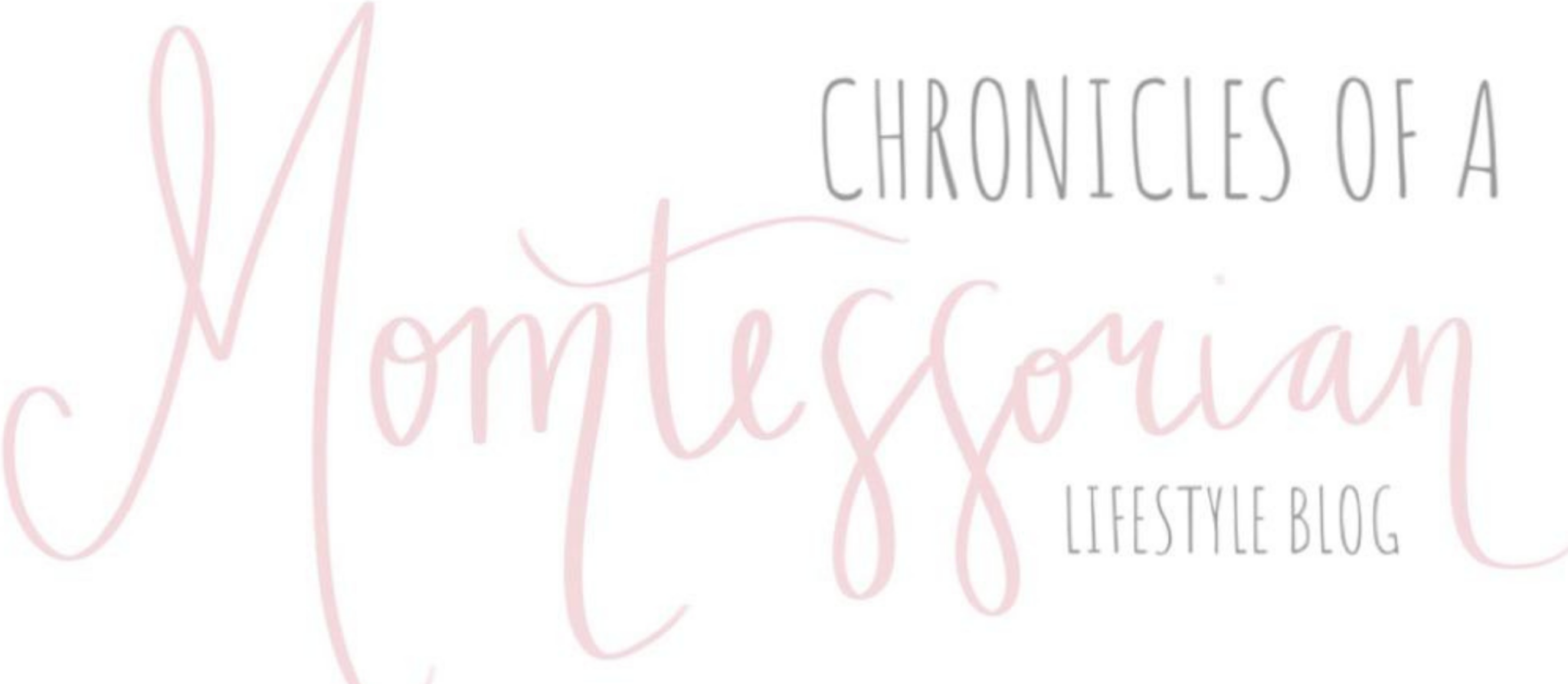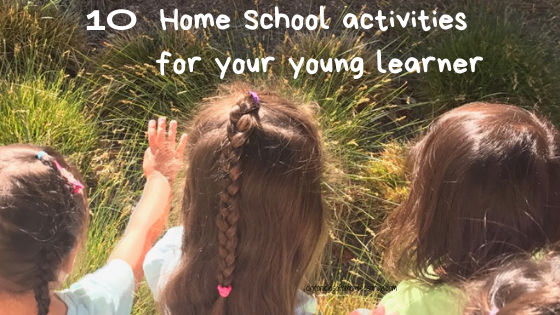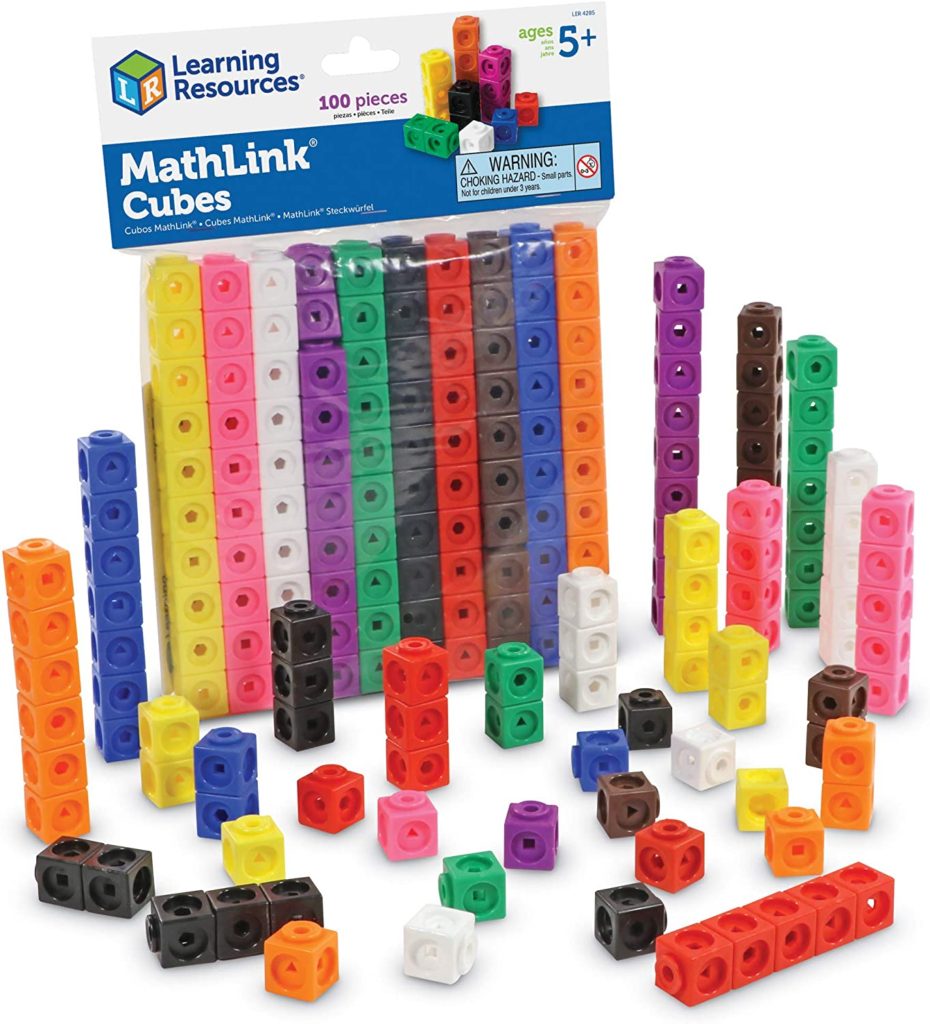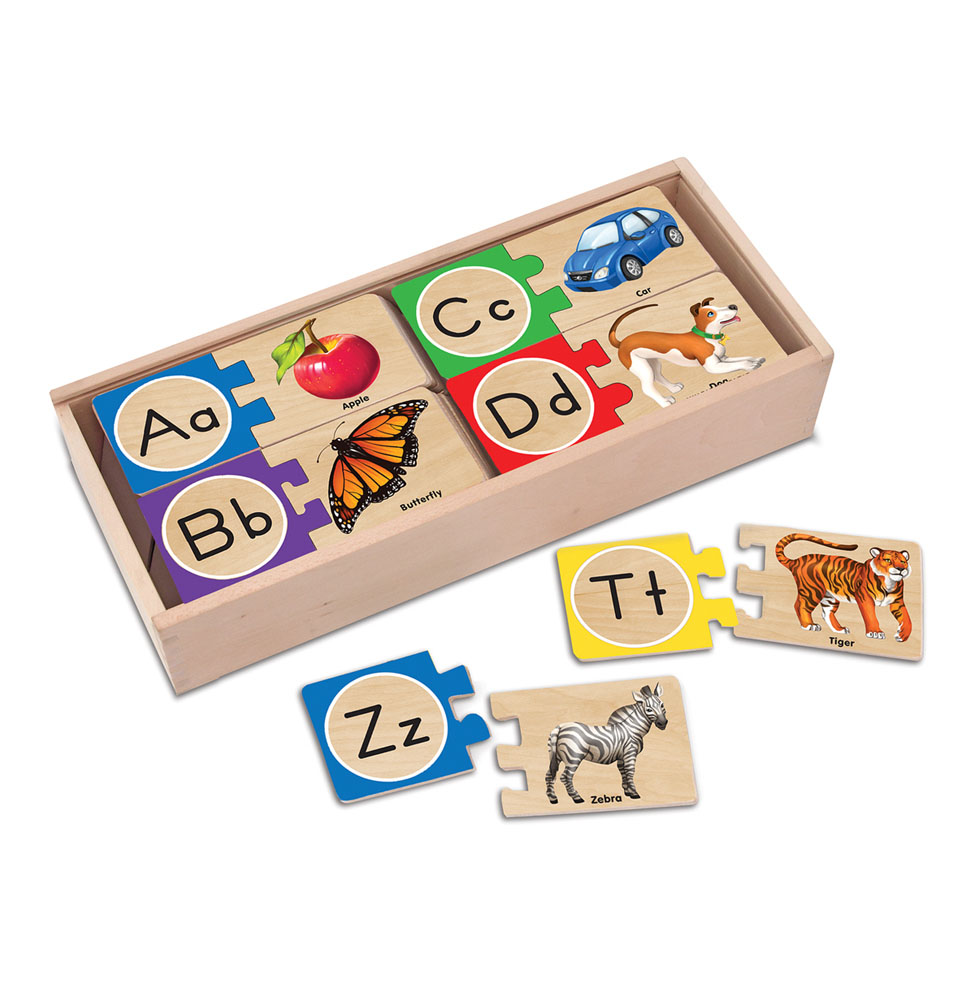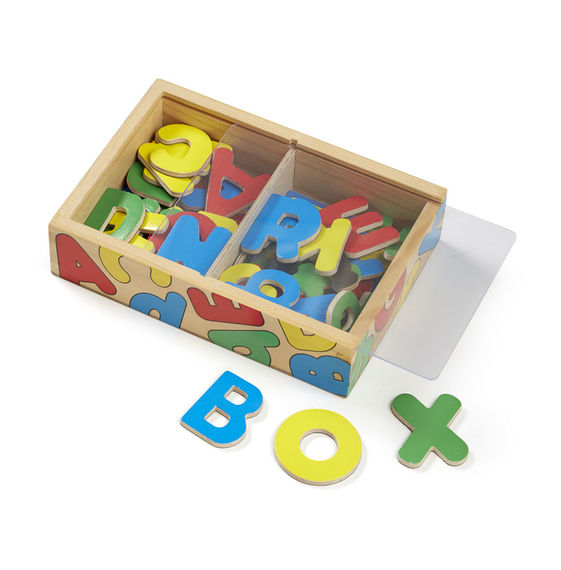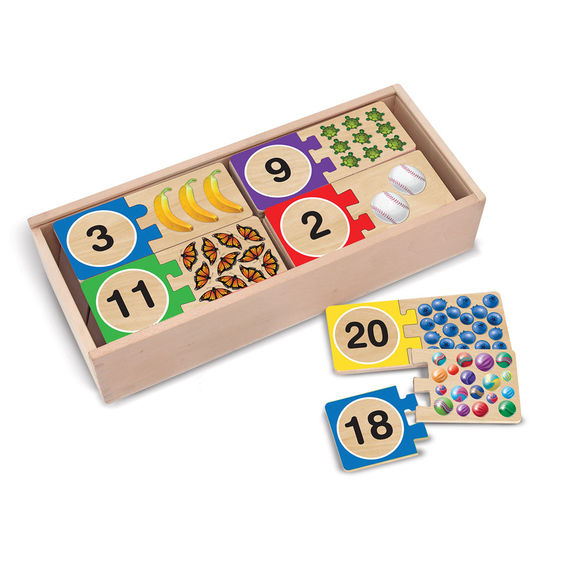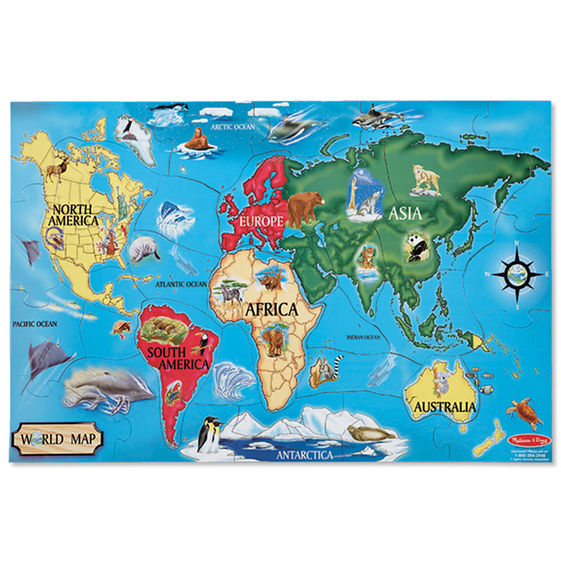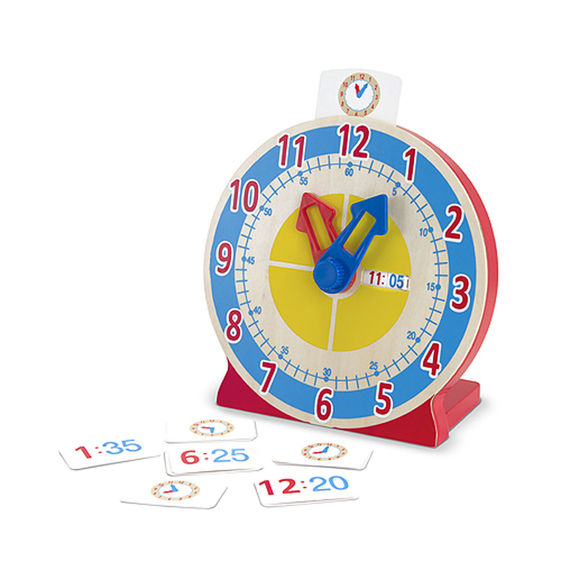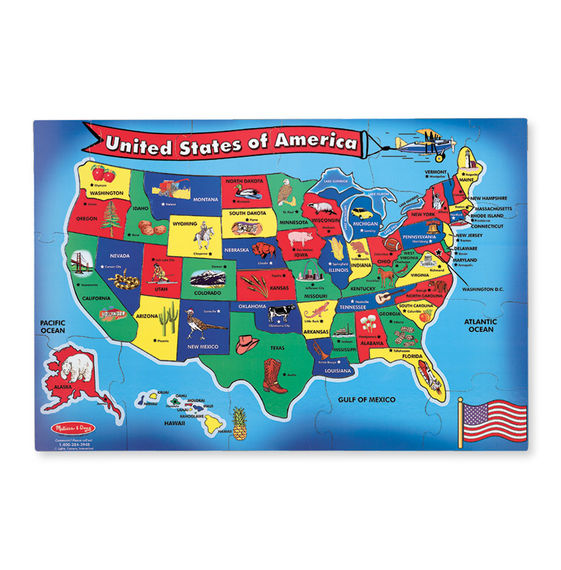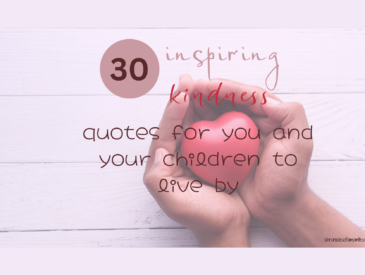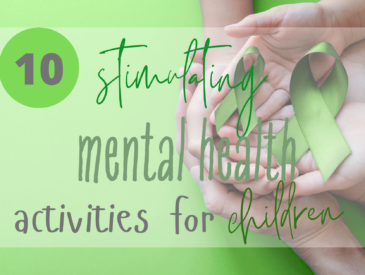Are you a parent just starting to home school your young child?
Are you looking for activities for your children that allow them to have fun while they learn?
This post may contain affiliate links. I may earn compensation when you click on the links; at no additional cost to you. Please see the disclosure policy for more information.
Providing a variety of activities
If you’re looking to spruce up your homeschooling routine or you are looking for ideas & activities for your young child at home; these activities can in some ways help children master certain academic skills. Even if your child has spent time at a school or preschool, they may need extra practice to master, learn, or even review many skills necessary for their academic success. Phonetic letter sound recognition, number recognition, the ability to communicate effectively & use problem solving skills, and fine motor skills are all important aspects that are customary for children to know and master.
As a educator, I do not have just one academic area that I find is more important over another one. In my opinion, they are all equally important, and play an important part in the development of their child as a whole. It is important to incorporate all aspects of a child’s development, as well as finding ways to promote fine motor, cognitive skills, and critical thinking skills. Trust me, no teacher would be disappointed to have a class of well rounded students!!
Non Montessori materials/activities
The activities I chose for the list are ones that can be used in a variety of ways and incorporated in a number of ways for use as extra support for your home school. I have direct knowledge and have used many of these items from the list in various ways either in my classroom or as an addition to my curriculum. If you are looking for ways to incorporate Montessori into your home school, you should definitely check out my FREE course, Add Montessori to Your Home School.
10 activities to add to your home school
1. MathLink cubes
The MathLinks cubes are for five years old. They come in a variety of colors, and can be used for counting, quantity, addition, subtraction and creating patterns. It is a very multi-functional activity!
2. Self-Correcting Alphabet Letter Puzzles
The Self-Correcting Alphabet Puzzles are for four to six year olds. The wooden puzzle pieces have a colorful object for the corresponding letter sound on one side, and letters from A to Z on the other side. The interlocking pieces make it easy for young children to self correct and promotes independence and success!
3. Alphabet Puzzle Cards
The Alphabet Puzzle Cards are for four to six year olds. The interlocking alphabet cards come in a great wooden box for easy storage. The self correcting interlocking pieces insures that the puzzles are solved and matched correctly! These puzzle cards promote independence, letter and sound recognition!
4. Wooden Letter Alphabet Magnets
The Wooden Letter Alphabet Magnets are for three to six year olds. There are fifty two magnetic upper and lower case letters, that can be used for spelling, stenciling, matching upper and lower case, and for building words! These letter magnets are great for all kinds of language ideas!
5. Self-Correcting Number Puzzles
The Self-Correcting Number Puzzles are for four to six year olds. The wooden puzzle pieces have colorful, objects on one side, and numbers from one to twenty on the other side. The interlocking pieces make it easy for young children to self correct and promotes independence and success!
6. World Map Floor Puzzle – 33 Pieces
The World Map Floor Puzzle is for six plus years old. Although, we a little assistance, I don’t see why a four or a five year old couldn’t be successful with this puzzle. The puzzle pieces are made with an easy, clean surface. This puzzle map is perfect for introducing and learning about the continents of the world.
7. Turn & Tell Wooden Clock
The Turn & Tell Wooden Clock is for four to seven year olds. The wooden base and large numbers make it easy for your child to be introduced to and practice telling time. It has clickable hands to help mark off the minutes, it details hour, minute, half past, and quarter past. There are also 13 double-sided time cards for practice as well! This all-in-one clock is perfect for learning to tell time.
8. U.S.A. (United States) Map Floor Puzzle
The U.S.A. Map Floor Puzzle is also for six plus years old. I believe that with a bit of assistance, a four or five year old would be able to do this puzzle in its entirety. The extra thick puzzle pieces make this puzzle durable. This puzzle is great for introducing, learning, and studying all 50 States!
9. Magnetic Wooden Numbers
The Magnetic Wooden Numbers are for three to five year olds. It comes with enough numbers to count from zero to twenty, and it includes five number signs as well! These magnetic numbers can be used to introduce counting, number recognition, and simple addition & subtraction!
10. See & Spell Learning Toy
The See & Spell is for children four to six years old. You can use the letters to spell the three and four letter puzzle words, spell other words, or use the letters as a stencil. The cardboard puzzle boards and pieces are built for long lasting durability. This is a spelling and fine motor activity wrapped into one!
Follow your child
When choosing activities for your child, follow them and their development level. That is one of the main Montessori practices, and is very important. Adding one or many of these activities to your child’s daily curriculum will put your child on the right path to mastering many of the necessary skills needed for their future learning. The activities are adaptable and allow for use in a classroom or home school environment, or just as an introduction of skills at home for your child.
Do you have any activities that you have found that work particularly well with your children academically? If so, please share about them in the comments. I would love to hear about them!
Happy Learning!
Anitra J.
